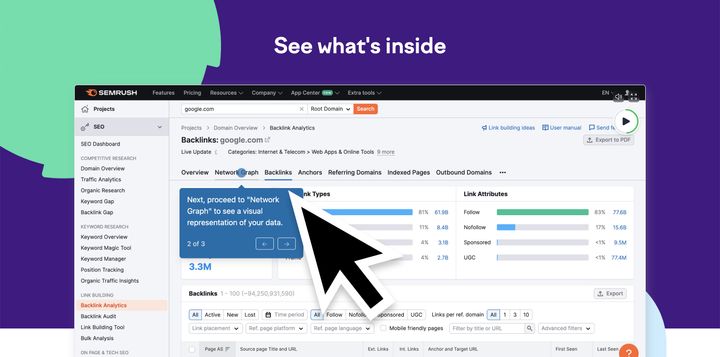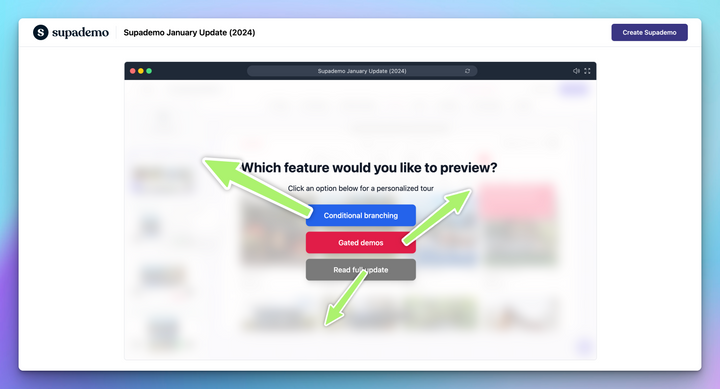Target Account Selling (TAS) is a strategic approach used in B2B sales to identify, nurture, and convert high-value leads into loyal customers. This methodology allows sales teams to focus their resources on prospects with the highest potential for long-term value, leading to more efficient sales processes and improved customer experiences.
The Essence of Target Account Selling
TAS is centered around building and maintaining robust relationships with high-potential target accounts, ultimately converting them into long-term, high-value customers. The key players in this methodology are the sales and marketing teams who work hand in hand to guide each decision-maker through their unique buying journey.
This approach is not just about closing a deal but nurturing the relationship post-sale through updates, news, and delivering continuous value to key accounts.
When to Utilize Target Account Selling
TAS is an effective strategy for closing large, intricate deals involving multiple decision-makers. This method involves deep research and cross-departmental collaboration, making it ideal for selling subscription-based products, high-value items, and services that pave the way for future upgrades, upsells, and cross-selling opportunities.
Prerequisites for Implementing TAS
Before deploying TAS, certain elements need to be in place:
- A Mature Data Strategy: A centralized CRM that integrates all relevant data sources is vital for an account-based sales strategy.
- Clearly Defined Sales Goals: Your objectives will shape your TAS approach. Are you looking to expedite a lengthy sales cycle? Attract new customers? Upsell to existing accounts?
- Internal Alignment: TAS requires a data-driven collaboration between sales, marketing, and customer success teams.
Four Pillars of Target Account Selling
TAS comprises four key components:
- Ideal Customer Profile (ICP): An ICP is a list of attributes common among your top-performing accounts. Understanding these attributes allows you to prioritize opportunities effectively.
- Buyer Personas: TAS involves connecting with multiple decision-makers within a single account. Therefore, creating detailed personas for the buyers within each ideal account is crucial.
- Target Account List: This list includes the accounts your team will target using data-driven techniques and personalized messaging.
- Personalized Outreach: TAS necessitates developing personalized outreach campaigns for each account, focusing on long-term campaigns and continuous engagement.
Advantages of TAS
The benefits of employing a TAS approach include:
- Building stronger relationships with customers
- Improving lifetime value through customer loyalty
- Boosting brand reputation
- Increasing revenue
Implementing TAS with CRM Tools
Customer Relationship Management (CRM) tools offer an array of features that can streamline the TAS process. The automation of elements like sales emails and lead information import makes any sales campaign more manageable.
CRM tools also help consolidate important data, automate tasks, and enhance communication, enabling sales teams to focus on what matters most: selling.
Conclusion
Target Account Selling is a powerful B2B sales strategy that, when implemented correctly, can lead to increased revenue and customer loyalty. By focusing on high-value prospects and nurturing those relationships, your business can enjoy long-term success.
Whether you're looking to speed up your sales cycle, attract new customers, or upsell to existing accounts, TAS could be the key to unlocking your sales potential. So, why not give it a go and see the results for yourself?
Remember, the key to a successful TAS strategy is having the right tools and processes in place. So, make sure you have a robust CRM tool and a mature data strategy before embarking on your TAS journey.




